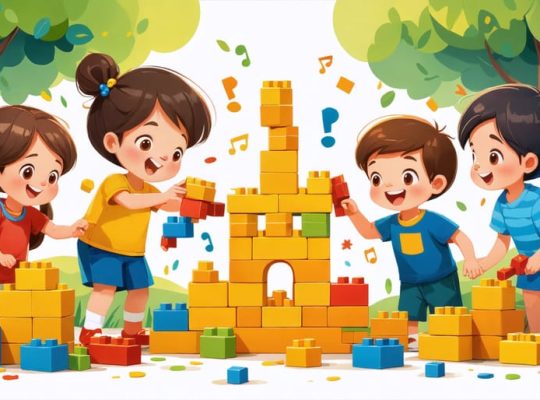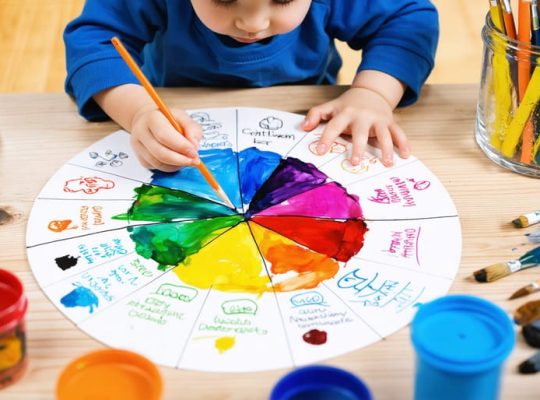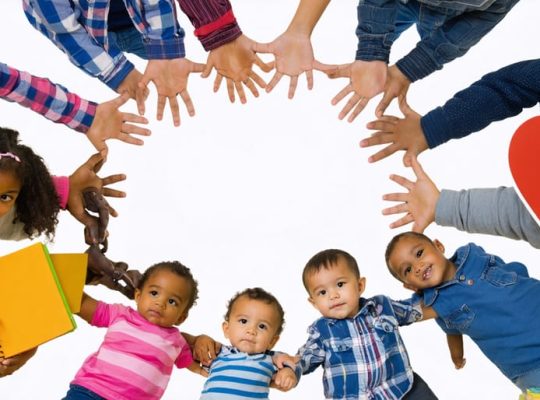Breaking the Chain: How Generational Trauma Shapes Our Children’s Mental Health
The weight of historical trauma ripples through generations, shaping a child’s mental health development in profound and often invisible ways. From the Holocaust survivor’s grandchild experiencing unexplained anxiety to the descendants of colonial violence carrying unspoken fears, intergenerational trauma manifests in patterns we’re only beginning to understand.
Recent research reveals how trauma can be passed down not just through learned behaviors and family dynamics, but through actual biological …










